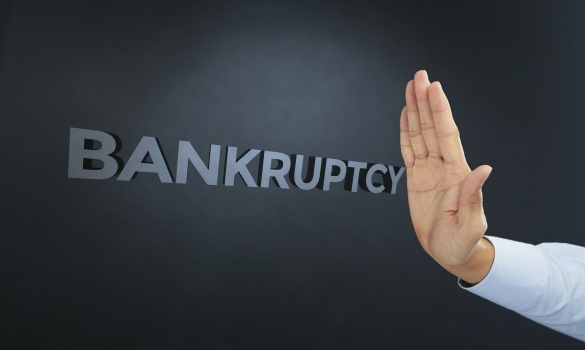Today, the majority of bankruptcy filings are those of consumers, not businesses. Those consumers typically file bankruptcy due to unexpected financial difficulties, such as job loss and illness. These people are not always lucky enough to have a workplace pension they can tap into early in such extreme cases. Especially when you are already in a dark place, filing for bankruptcy is very scary. To add to that, the thought of losing your most important asset, your house, during the process is terrifying. Here is how to file for bankruptcy without so much fear. Read on to find out how to file for bankruptcy and keep your house in the process.
Hire An Attorney
Before filing, it is a good idea to find a bankruptcy attorney. You should do your research in order to find one that is both experienced and successful. They will be able to help you decide which form of bankruptcy you should file for and provide you with an estimate on how much filing will cost.
Decide Which Chapter To File
Once you have a bankruptcy attorney, it is time to take a closer look at filing and what your options are. Obviously, there is no fallback family trust option to help you out. When trying to keep your house, Chapter 7 is a good form of bankruptcy for people whose houses are exempt. It is a quick and simple option. Chapter 13 is a good form if the filing is occurring because of an unexpected financial difficulty rather than income. It is the perfect solution for those that need the guarantee of keeping their house after bankruptcy. Below, you will discover the specifics of both forms, which will hopefully help you to determine which you should choose.
Chapter 7 Bankruptcy
Chapter 7 bankruptcy is the most common form. But, is it the best when trying not to lose your house? The answer is it depends. When filing for Chapter 7 bankruptcy, there is a chance that you will lose non-exempt property. Although exemption laws vary by state, important property such as homes and cars are usually, but not always, exempt. If you pass all of the qualifications, there is a good chance that your debts will be discharged within 4-6 months. That means that you will be able to keep your house. However, if your home is non-exempt, there’s a chance that you will be forced into selling your home in order to repay debt. These are important things to keep in mind when considering bankruptcy filing options.
Chapter 13 Bankruptcy
The Chapter 13 form of bankruptcy ensures that you will not lose any of your property, including your home. This is possible due to a payment plan–something that is required of you when filing for this form of bankruptcy. If your payment plan is deemed fair by the court and you meet all of the qualifications, you will be required to follow the payment plan without any late payments. After 3-5 years of on-time payments, your dischargeable debts are cleared. Although there is a major pro of choosing Chapter 13, there is a major con as well. The bankruptcy will remain on your credit report for 7 years, making it difficult to get credit. This should be kept in mind when considering filing for Chapter 13.
Become Financially Stable
After filing for bankruptcy it is important to ensure that your financial situation is better than it was before filing, especially if you will want to finance your business in the future. Think of bankruptcy as a start-over button. It provides a chance to clean your financial slate. That way, you can steer clear of having the fear of losing your house ever again. It is incredibly important to pay your mortgage payments on time once you’re free of most debt after filing for bankruptcy. If you’re afraid that you won’t be able to make these payments, it would be a smart decision to hire a financial advisor.
Mulling over all of the options and facts above is essential as they will help to ensure that you can file for bankruptcy while keeping your house and become financially stable afterward. If you want to learn how to claim bankruptcy and keep your house, follow the financial advice detailed above. These financial tips will help you navigate the bankruptcy filings process smoothly, so that you never have to worry about spending a single day without a roof over your head.
 Business First Family Business, Accounting, Finance, Investing, Marketing And Management
Business First Family Business, Accounting, Finance, Investing, Marketing And Management
